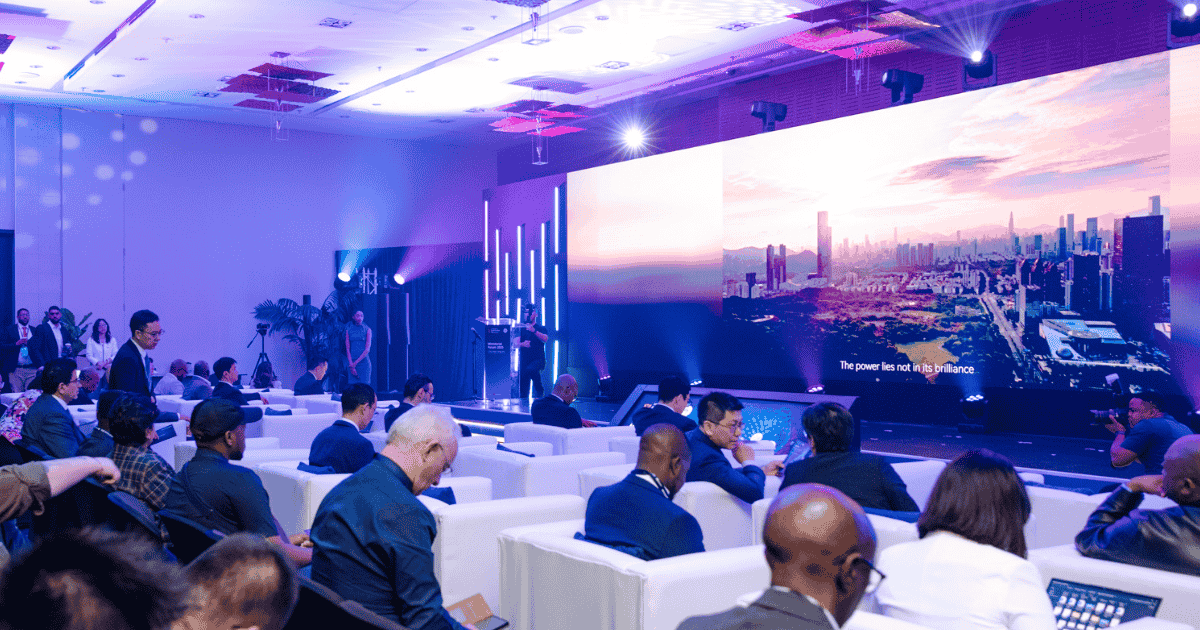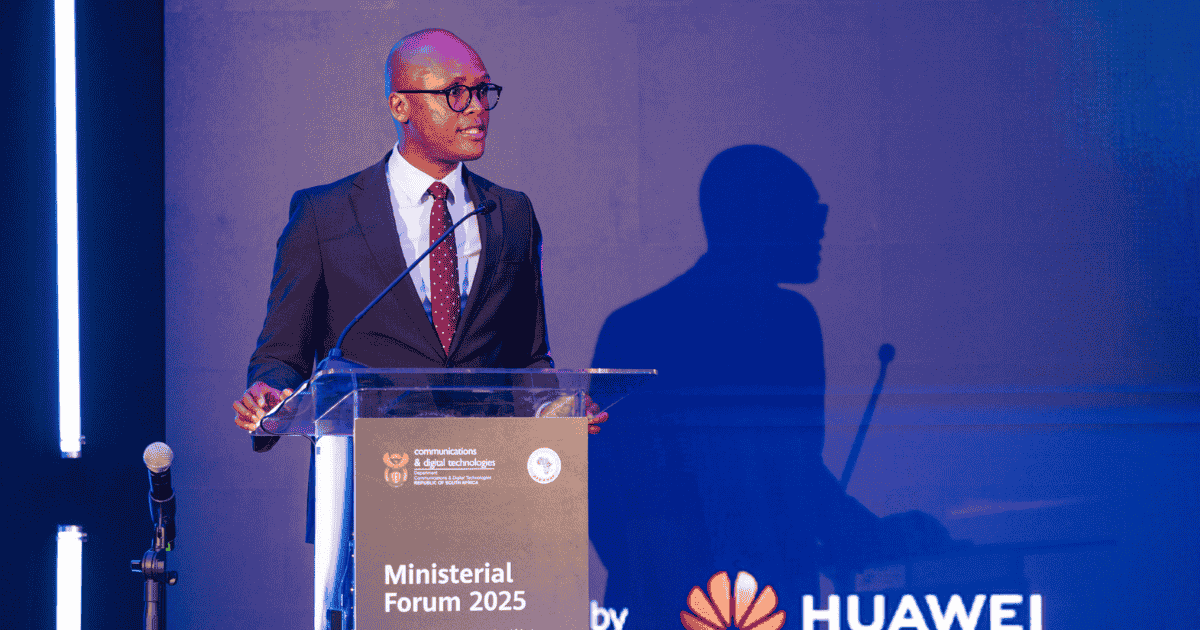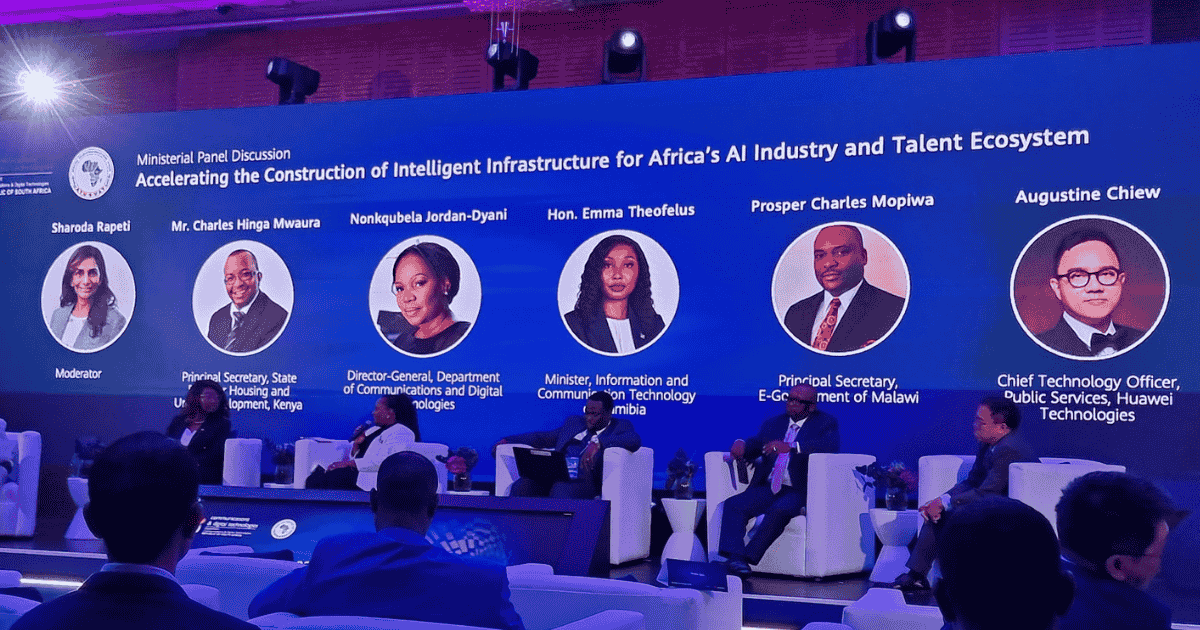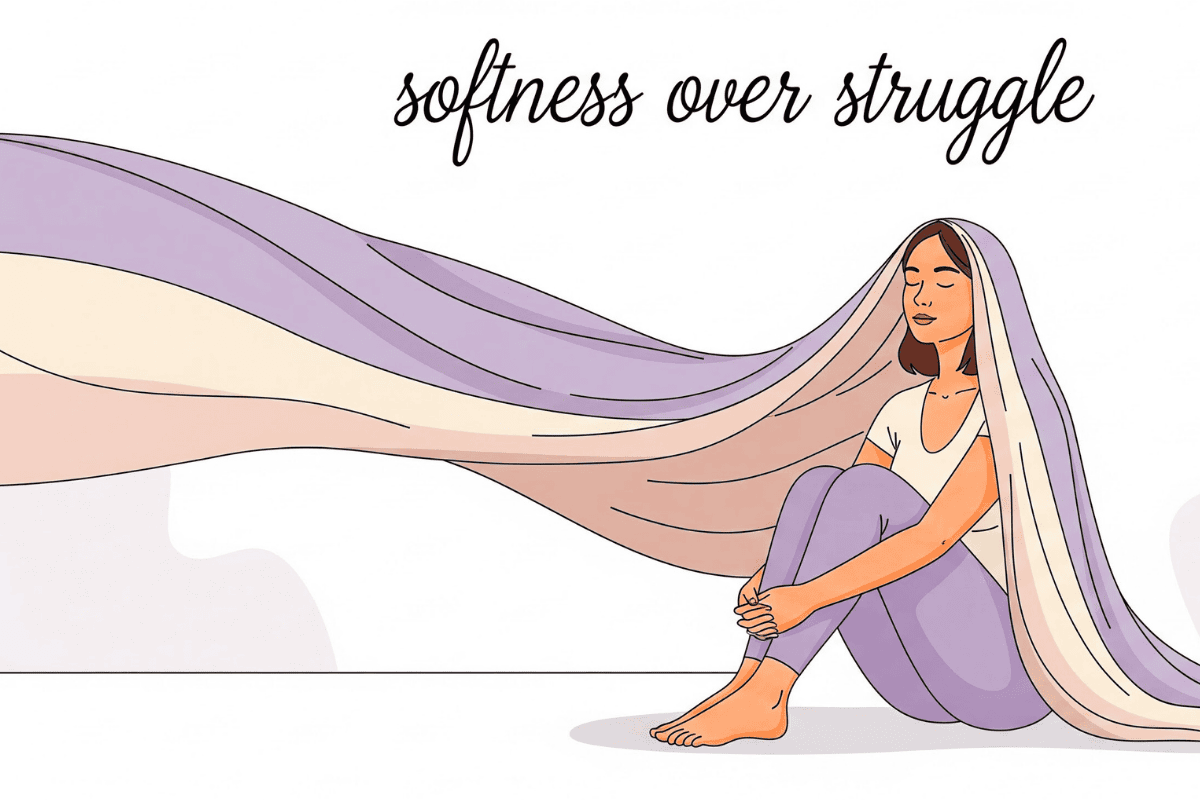When South Africa’s Minister of Communications and Digital Technologies, Solly Malatsi, took the stage at the Africa Tech Festival in Cape Town on Monday, the message was clear: Africa’s AI future must be built, not borrowed.
Each year, a day before the Africa Tech Festival begins, Huawei and the African Telecommunications Union (ATU) team up with the Department of Communications and Digital Technologies (DCDT) to host the Ministerial Forum.
Opening the Africa Tech Festival’s Ministerial Forum, Malatsi’s keynote cut called on governments and industry leaders to define artificial intelligence “on African terms”. In African languages, trained on African data, and guided by African priorities.
Building to scale
Malatsi warned that unreliable electricity continues to hold the continent back. Progress on data centres has been slow, he added, and without stronger cross-border networks the region’s digital ambitions will remain theoretical.
The goal, he said, isn’t merely to plug Africa into the global AI economy. It’s to make the continent an attractive destination for investment by lowering costs and latency while boosting resilience.
Infrastructure, in this vision, becomes both a development plan and an industrial strategy.
The double edge of AI
Malatsi’s tone shifted when the topic turned to governance.
AI, he said, can be a powerful tool for reducing government backlogs and improving citizen services. In addition, Malatsi said it could help in “detecting fraud before it harms the vulnerable.”

He also said the same technology could be weaponised for surveillance or political control; a statement that landed with weight amid misinformation and algorithmic bias becoming global flashpoints.
“We must be unequivocal that AI must support democratic processes, not erodem” explains Malatsi. “We must be vigilant in our resistance to tools that can be abused for manipulation, mass surveillance without due process, or discrimination. These use cases have no place in our future.”
What inclusive AI looks like
Malatsi called for Africa to show the world “what inclusive AI looks like,” emphasising that diversity isn’t a slogan, it’s a strategy.
For too long, local entrepreneurs and creatives have watched Western models scrape global data with little regard for authorship or consent.
In order for AI to serve the continent, Malatsi said it must recognise the richness of Africa’s languages and cultures. And it must treat cultural knowledge as a resource instead ofjust another dataset.
“When cultural expressions, traditional knowledge, or community archives are used to train models, that use must be lawful, respectful, and fairly compensated.”
A vision defined by choice
Malatsi ended on a quiet but cutting note:
“The intelligent era should not be defined by how intelligent our machines become, but by how wise our choices are.”
He concluded: “If we choose solidarity over silos, people over process, and long-term capability over short-term convenience, Africa will not just ride the wave of AI. We will help shape its direction.”
It’s a reminder that for Africa, AI isn’t just about algorithms. It’s about agency.




